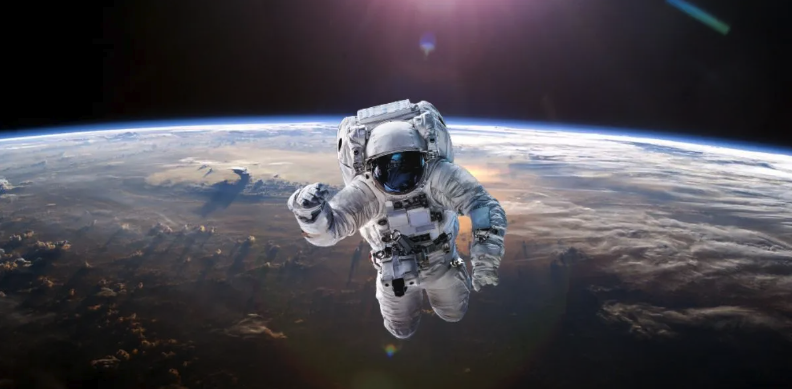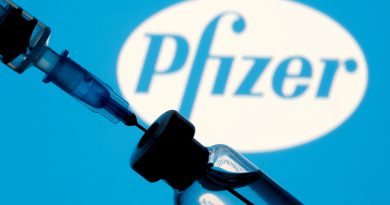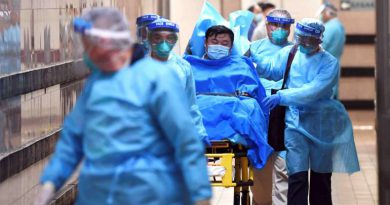Saudi Arabia buckles up for Space Projects
The Saudi Space Commission’s initiatives are intended to prepare future astronauts and engineers through high-quality education and training programmes
Saudi Space Commission announced that the missions and scientific research will be carried out by Saudi astronauts Ali Al-Qarni and Rayyanah Barnawi on their trip to the International Space Station later this year.
The two astronauts would conduct 11 ground-breaking experiments in microgravity, according to the committee, the results of which would improve the Kingdom’s standing in the world of space exploration and humanitarian assistance.
Authorities stated that the Saudi experiments in orbit would include anything from cell and human research to making rain in microgravity.
Water vapour will be condensed on plankton and salt atoms in the artificial rain experiment to mimic the cloud seeding technique employed in Saudi Arabia and other nations to improve precipitation rates.
The trial, which is being led by Dr. Ashraf Farahat for the King Fahd University of Petroleum and Minerals, will assist scientists and researchers in coming up with fresh ideas for how to create environments that are suitable for humans to live in space colonies on the surface of the Moon and Mars, including the use of artificial rain.
The trial will also help researchers better understand rain-seeding technologies, which will increase rainfall in numerous nations.
Nebula Research and Development of Saudi Arabia, under the direction of Dr. Bader Shirah, is carrying out six studies on board the International Space Station (ISS), which will be carried out by the astronauts, to better understand the effects of being in space on human health.
The tests will make use of cutting-edge neuroscience methods, such as tracking changes in the optic nerve over time and evaluating blood flow to the brain and electrical activity in the brain. They will also measure intracranial pressure by non-invasively measuring pupil size.
The development of rapid, non-invasive monitoring, early interventions, and the creation of countermeasures may be made possible by improved monitoring of brain health, which may also contribute to the safety of future spaceflight.
Moreover, blood and biosample samples will be collected in order to map changes in chromosome length, shape, and epigenetics as well as to look for multiomic biomarkers associated with spaceflight.
The King Faisal Specialist Hospital and Research Center’s team of scientists, lead by Drs. Khalid Abu Khabar, Wijdan Alahmadi, and Edward Hitti, will be conducting cell science studies to study the inflammatory response of human immune cells in microgravity.
The variations in messenger ribonucleic acid decay, a process that can switch off inflammation, will be the subject of their investigation in more detail. The same cellular model is also used to imitate the response to treatment. The crew will collect RNA samples for analysis on the ground, where researchers will track RNA expression patterns and, ideally, analyse thousands of mRNA half-lives.
It is anticipated that the findings would advance knowledge of space health and identify biomarkers or potential treatments for inflammatory illnesses in both space and on Earth.
Along with the Ministry of Education, Mawhiba, Riyadh Schools, and Misk Schools, three educational awareness studies will also be carried out on board the ISS with children from all throughout Saudi Arabia in addition to these experiments.
By contrasting their terrestrially based experiments with those being conducted in real time by the Saudi crew on the ISS, the terrestrially based experiments will be used to increase students’ knowledge of space research and its contribution to enhancing the quality of life on Earth.
Students will be able to witness firsthand how the experiment’s setting might actually affect the outcomes. Students will be able to see the Saudi crew as they conduct their experiments simultaneously on Earth and in space thanks to the real-time interface.
The Saudi Space Commission’s initiatives are intended to prepare future astronauts and engineers through high-quality education and training programmes, participation in scientific research, international collaboration, and upcoming space-related missions – all of which will help the Kingdom gain recognition and fulfil the objectives of Vision 2030.



